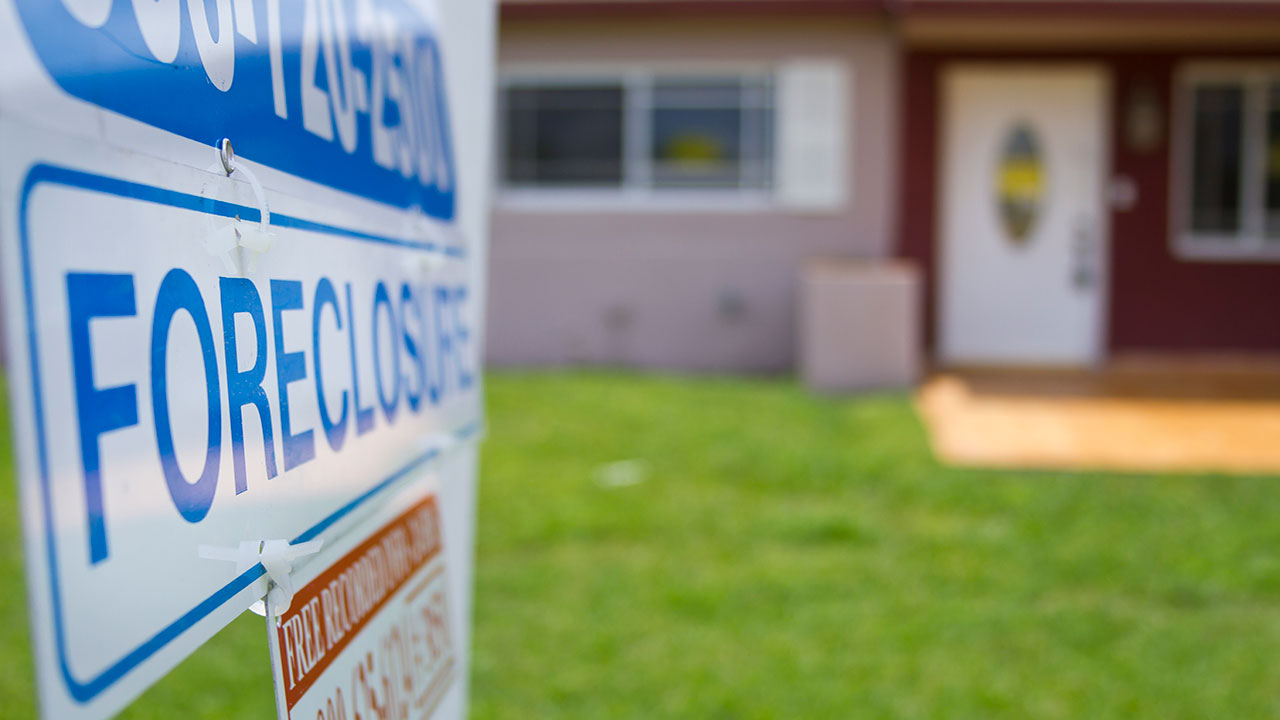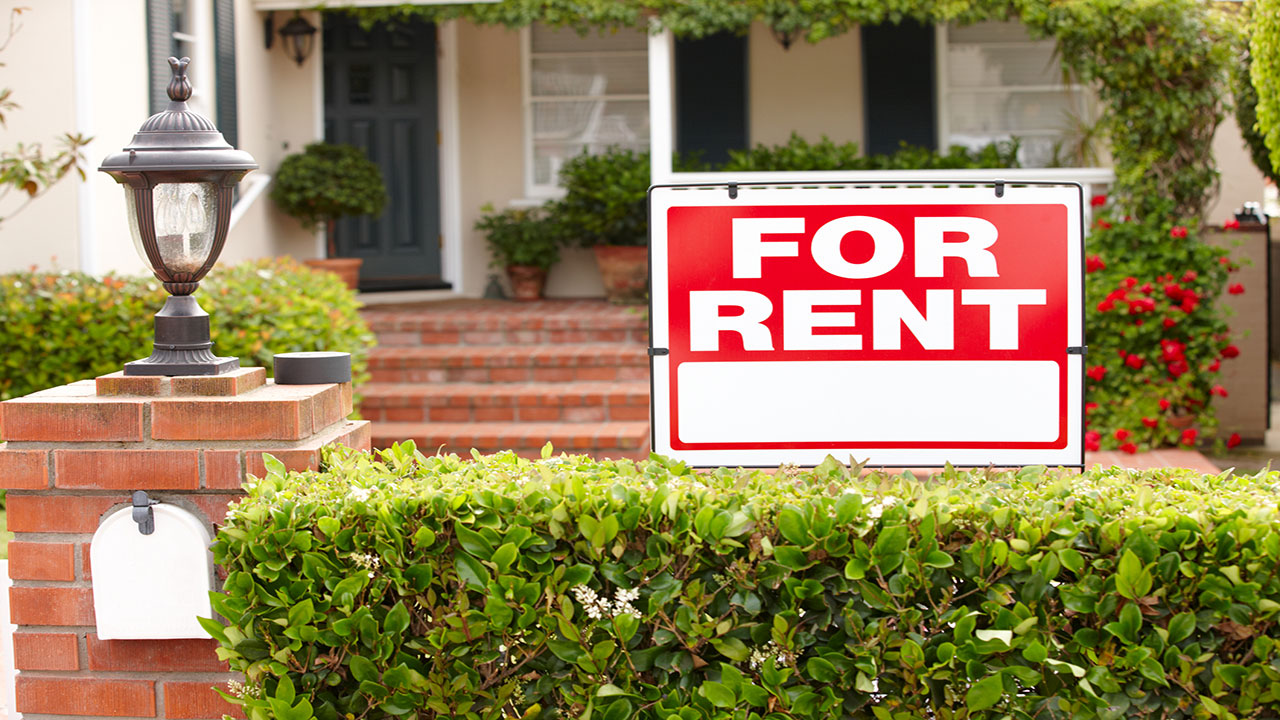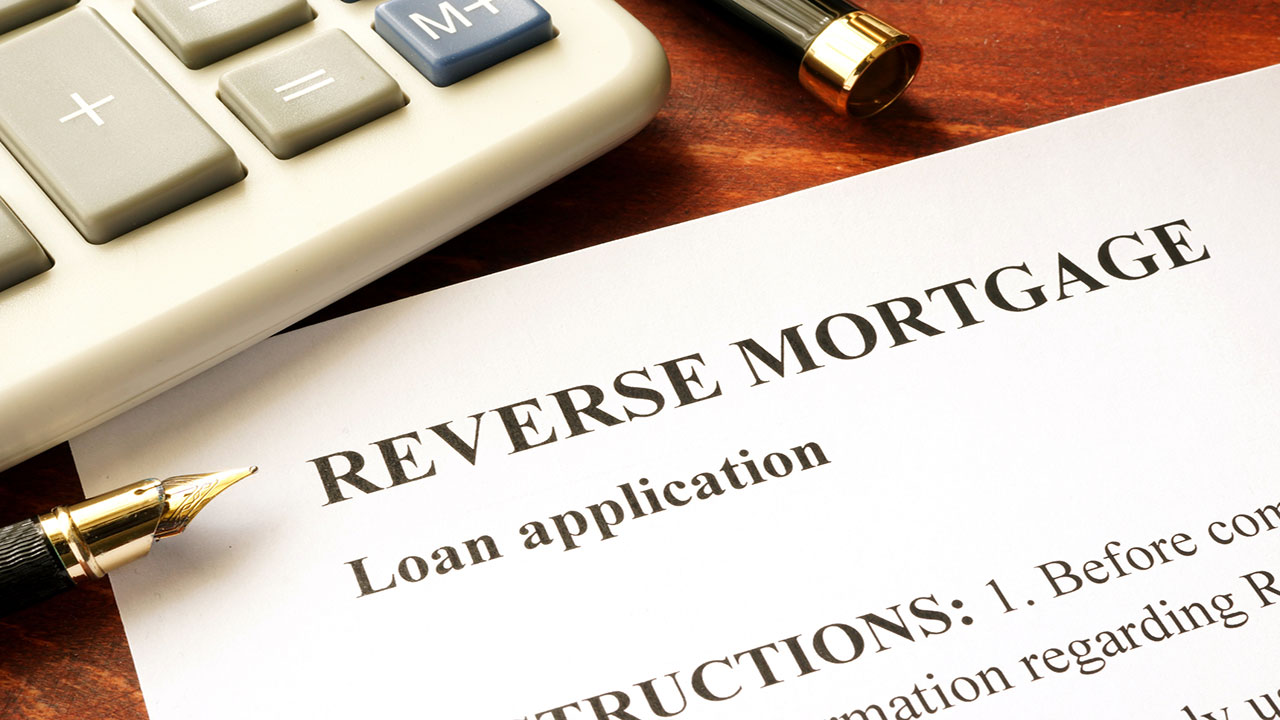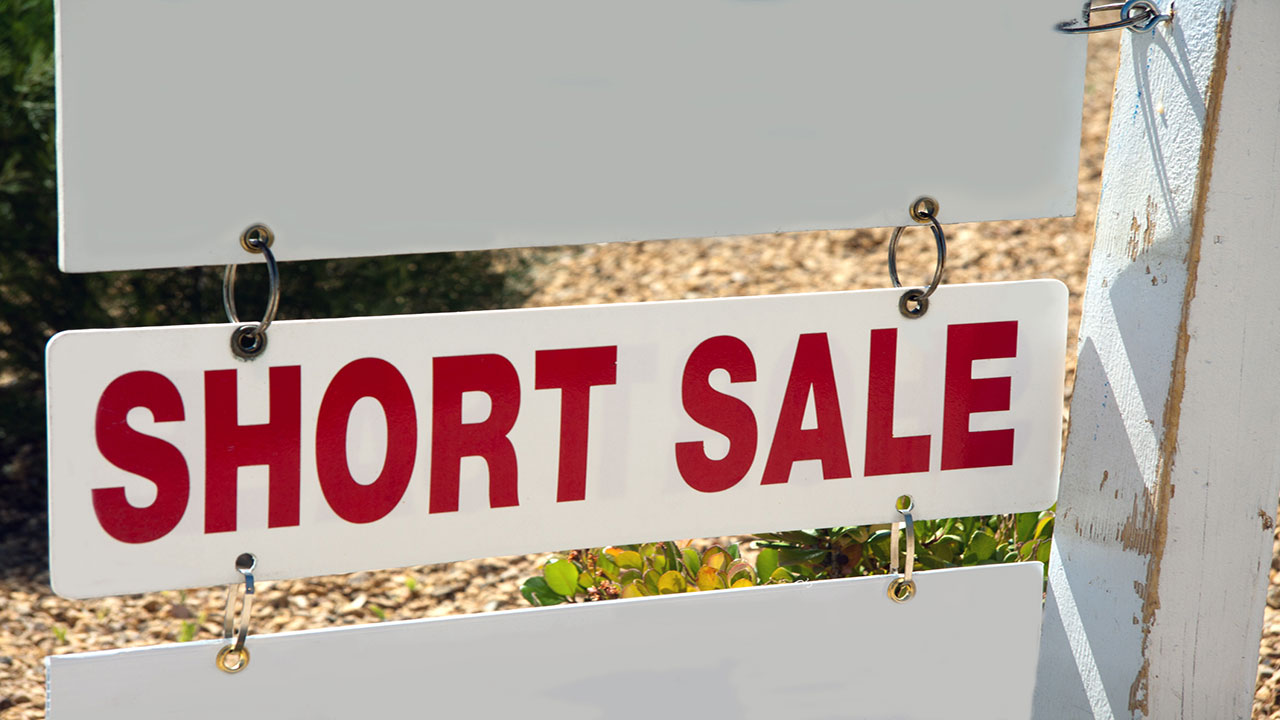7 Ways to Avoid Foreclosure if You Can’t Keep Up With Mortgage Payments

Foreclosure is not nearly as rampant as it was a decade ago when the housing market crashed, but it’s still a very real scenario for many homeowners across the country. No homeowner wants to be the victim of foreclosure, but it can easily happen if mortgage payments aren’t kept up with.
If you default on your mortgage, you could face foreclosure. But before you let things get ugly, there are a few measures you might be able to take if you’re proactive.
Sell Your Home
Selling your home is an option only before you’ve missed three mortgage payments and received a Notice of Default (NOD) from your lender. At this point, you might want to consider getting your home off your hands before being told that your lender may take legal action to repossess your home. If you are having a tough time making every mortgage payment and face an inevitable loss of your home, you might want to cut your losses and sell right away. At least this way you may be able to sell for as much as what you bought it for.
Rent Your Home

If you’ve been struggling to recover from the housing bubble a decade ago and still haven’t managed to get ahead as much as you’d like to, then perhaps renting all or part of your home may help you with the mortgage before you start falling behind. Again, this is a viable option only if you have not yet been served with a notice from your lender of three missed mortgage payments.
If the city you’re in commands decent rent prices, you could rent out your home and move into a more affordable one to help offset the mortgage. Or else, you may consider renting out part of your home while you’re still living there to help cover the mortgage payments. While being a landlord certain comes with some work and legal obligations, you can take advantage of some tax breaks on your rental property and deduct things such as mortgage interest, property taxes, and any repair costs.
Refinance
If you’re not financially strapped to the max, then refinancing your mortgage may be an option. Refinancing simply means taking out a new home loan at a lower interest rate and using that money to pay off your existing mortgage. A refinance will require your lender to go through all the same steps as your first mortgage to verify your credit and financial background before you’re approved.
Refinancing can offer you lower mortgage payments thanks to the lower interest rate, which can help you better keep up with your payments if your current mortgage payments are simply too much for you to comfortably handle. However, just keep in mind that there are some costs associated with refinancing, such as application fees, appraisal fees, and origination fees. in addition, it’s possible that you may be paying more in interest over the long run because you’ll be starting all over on your home loan.
Reverse Mortgage

Homeowners who are 62 years of age or older may qualify for a reverse mortgage, which provides them with a lump sum or monthly payments against the equity in their homes. The biggest advantage of a reverse mortgage is that it doesn’t have to be paid back while you live there. Not only that, but the money received is usually tax-free. If you’re 62 or older, a reverse mortgage may help provide you with the funds needed to keep up with your mortgage payments before things go awry.
It should be noted that reverse mortgages come with some snags. For starters, you will still have to pay the property taxes and homeowner’s insurance on your home. And once the reverse loan reaches settlement, you will have to pay closing costs too.
Contact Your Lender
If you’ve already missed a few mortgage payments and your lender has filed a NOD, foreclosure could be on the horizon if you don’t take immediate steps. The first thing you should do in a case like this is to contact your lender right away. The longer you wait, the more imminent foreclosure will be.
Speak with your lender and see if something can be worked out with you in order to avoid foreclosure. Make sure you’re willing and prepared to explain why you’re unable to pay your mortgage, regardless of what the reason(s) may be. Maybe you’ve lost your job and are currently seeking a new one, which might make this just a temporary setback. Or perhaps you’re no longer able to work because of a medical catastrophe, in which case the situation may be a more long-term one. Whatever the case may be, discuss the reasons with your lender and see if there is some sort of resolution that can be devised.
Lenders don’t like foreclosures either because they’re time-consuming, expensive, and often leave them with less money than what they loaned to you. Your lender may try their best to come up with a solution to help you keep your home, but only if you’ve expressed a desire to keep it and the effort required to pay your mortgage. If you’ve already given up and are unwilling to put in the effort, a foreclosure may be more of a certainty than a probability.
Short Sale

Just because your lender files a NOD and notifies you about it doesn’t automatically mean that foreclosure is the next step. You may still be able to short sell your home if you are able to find a qualified buyer who puts in an offer on your home. In this case, your lender will need to consider the offer before they schedule an auction.
A short sale occurs when a lender lets a homeowner sell their home for less than what is owed on the mortgage. This may be a better alternative to foreclosure if you are not that far behind on your loan payments and don’t have a slew of missed payments on record.
As stated earlier, lenders do not like foreclosures. They would have to try selling your home afterward anyway, so it may be worth their while to find a buyer in the typical market. This will certainly save them a lot of time, money and effort. Even if your lender starts the foreclosure process, it’s still in your best interests to market your home for sale with the help of an experienced real estate agent and find a buyer for it.
Deed in Lieu of Foreclosure
With a deed in lieu of foreclosure, you’ll still end up losing your home, but you may still be able to recoup some money from the deed in lieu if there is equity in your property. A deed in lieu is also much less time-consuming than a full-blown foreclosure. In addition, you may be able to obtain a mortgage for a new home in as little as three years compared to at least seven if you foreclosure.
A deed in lieu of foreclosure will require you to voluntarily hand over the deed to your home to your lender, at which point the home is no longer considered yours. Basically, this option is “in lieu” of foreclosure, hence the name. It’s usually not grated until foreclosure is inevitable and the home is unable to be sold at a decent price for whatever reason.
The Bottom Line
Considering the financial obligation of owning and paying for a home, it goes without saying that doing your due diligence before you even make such a purchase is vital. This will help ensure that you’re not investing in anything that you won’t be able to afford. That said, anything can happen over time that can hamper your ability to continue to keep up with your mortgage payments. If you’ve fallen on dark times and are having trouble making your payments, be sure to speak with your lender, a financial advisor, and even a credit counselor to see what options are available to you.
